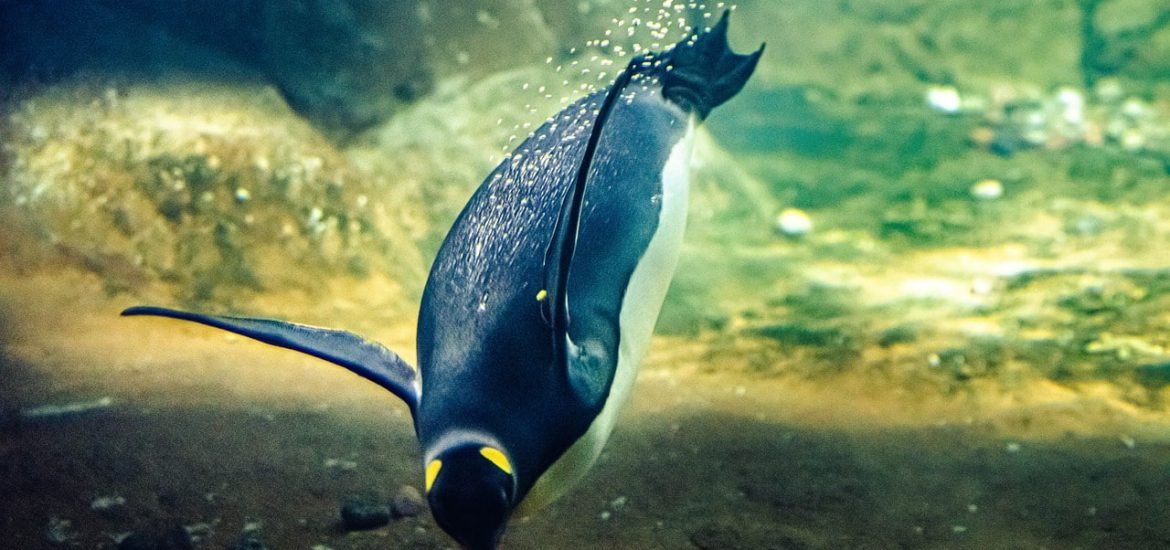
Penguins, cormorants, and puffins are more likely to go extinct than other birds who don’t dive to catch their food, according to a study published in Proceedings of the Royal Society B. A team of researchers from the Milner Centre for Evolution at the University of Bath, UK, suggest this may happen because diving birds are highly specialised and less able to adapt to changing environments compared to other birds.
Being able to dive for food is a rare skill for birds. In fact, less than a third of all species of water birds can hunt this way. For this study, the team analysed the evolution of diving in modern waterbirds to assess how prone they are to extinction.
“Waterbirds were grouped together as being highly related following genetic analysis of the bird family tree in 2015, so I wanted to investigate how evolving to be able to dive had affected their body shape, niche adaptation, and evolutionary diversity,” said Josh Tyler, first author of the paper.
It turned out that the ability to dive developed independently 14 times, and once the birds had that ability, subsequent evolution did not reverse this trait. Digging a little deeper, the researchers found that depending on body size, birds evolved different types of dives. Wing divers with large body sizes, such as puffins and penguins, for example, rely on their wings to propel through the water. Foot divers, such as cormorants, use their feet to kick and swim and have similarly larger body sizes than wing divers. In contrast, plunge divers, such as gulls and gannets, have small body sizes and can dive vertically from the air into the water to catch their fish.
The results showed that some highly specialised diving birds appeared more prone to extinction than non-diving species. The authors argue that the techniques in this study can be used to help predict which species are most at risk from an evolutionary perspective.
“Our work shows that rather than being a random process, there are predictable patterns to evolution,” said Tyler. “For example, penguins are highly adapted for their environment – they have a torpedo body shape that helps them swim fast, but they don’t fly, and they can’t move that well on land. This means they can’t easily adapt to other environments or types of diets. In contrast, plunge divers like gulls are more generalists – they eat anything from fish to Cornish pasties – and we found they are exploding in diversity. Our data show that the specialist birds are in more trouble in terms of future extinction and may be evolving into an evolutionary dead end.”
Tyler J, Younger J (2022) Diving into a dead-end: asymmetric evolution of diving drives diversity and disparity shifts in waterbirds. Proceedings of the Royal Society B, https://doi.org/10.1098/rspb.2022.2056